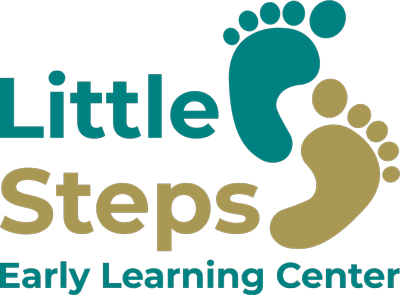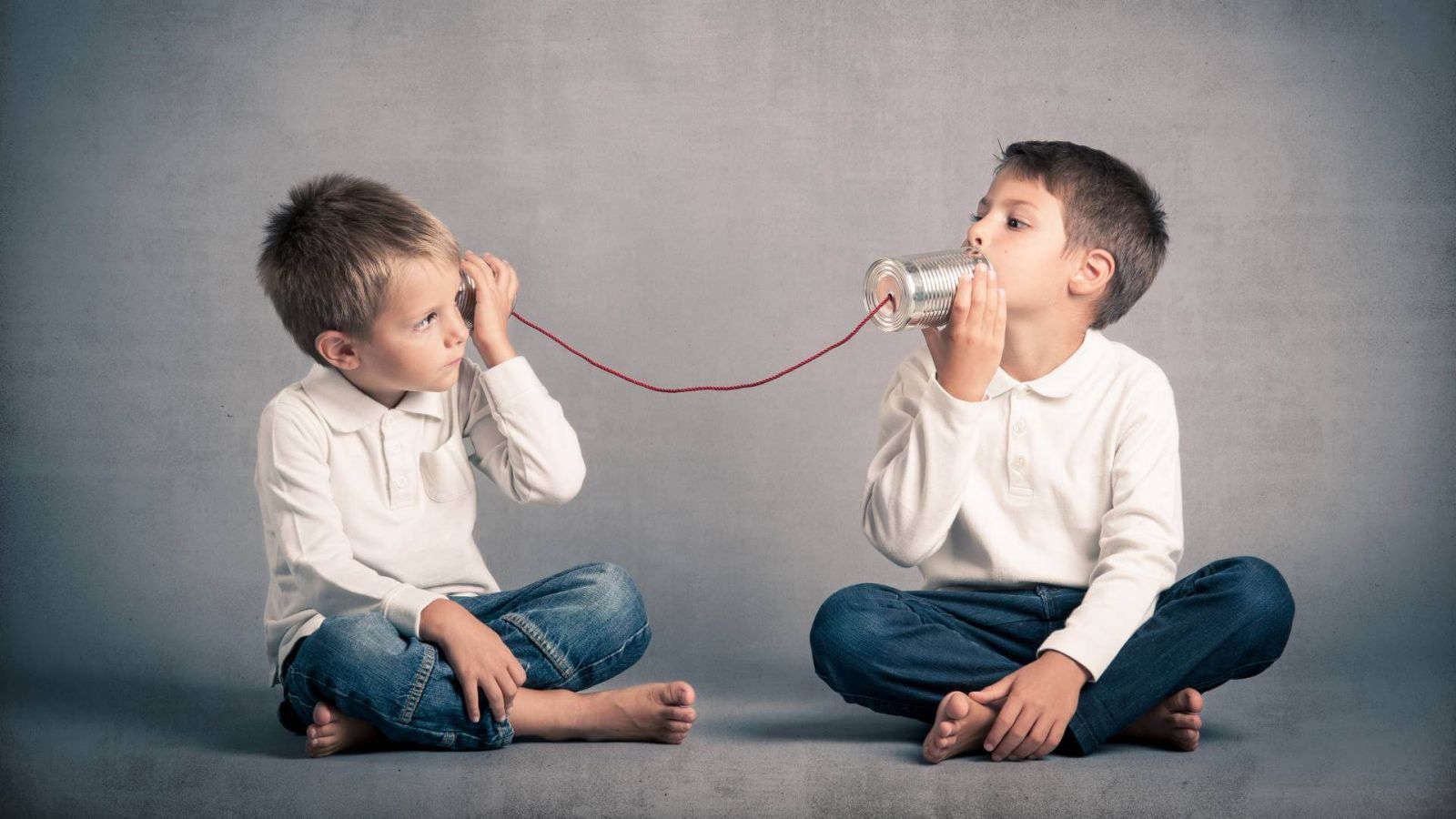Preschool education lays the foundation for a child's future. It's a magical time where young minds blossom, curiosity thrives, and the world unfolds in wondrous ways. Behind the innocent play and delightful crafts lie the secrets of early education, shaping and molding the future of tomorrow. Let's delve into this enchanting world and uncover the key elements that make preschool a transformative and crucial phase in a child's life.
The Power of Play
Play is a child's language, their way of understanding the world around them. In preschool, play isn't just entertainment; it's a tool for learning. From building blocks to dress-up corners, every activity fosters essential skills. Blocks enhance spatial awareness, while pretend play nurtures creativity and social skills. Through play, children develop cognitive abilities, emotional regulation, and problem-solving skills. Preschool educators understand the potency of play as they carefully curate environments that encourage exploration, experimentation, and discovery.
Social and Emotional Development
Preschool isn't solely about ABCs and 123s; it's a social hub where children learn to interact, communicate, and navigate emotions. It's here that they forge their first friendships, learn to share, take turns, and resolve conflicts. Teachers act as guides, fostering a nurturing environment where children learn empathy, kindness, and respect. These social skills are the bedrock upon which future relationships and collaborations are built.
Curriculum Design: Balancing Structure and Flexibility
Preschool curriculum isn't rigid; it's designed to provide a balance between structured learning and flexibility. Themes and topics are chosen to spark curiosity while allowing room for exploration based on children's interests. Activities are scaffolded to build upon previous knowledge, gradually introducing new concepts. Whether it's through storytelling, art, or hands-on experiments, the curriculum is tailored to engage all learning styles, ensuring no child is left behind.
The Role of Educators
Preschool teachers are the architects of a child's early education journey. Their role extends far beyond imparting knowledge; they are observers, facilitators, and nurturers. They create a safe and stimulating environment where every child feels valued and supported. Skilled educators recognize the individuality of each child, catering to their unique needs and strengths. Their patience, enthusiasm, and dedication shape a child's attitude towards learning and influence their future success.
Parental Involvement: A Key Ingredient
The involvement of parents in a child's preschool journey is invaluable. It's a collaborative effort where educators and parents work hand in hand. Open communication channels between home and school create a seamless transition for the child. Parents are encouraged to engage in their child's learning, extending the lessons beyond the classroom. This partnership reinforces the child's sense of security and belonging, amplifying the impact of their preschool experience.
The Impact on Future Success
Research has repeatedly shown that quality preschool education significantly impacts a child's future success. It cultivates a positive attitude towards learning, laying a sturdy foundation for academic and social achievements in later years. Children exposed to high-quality preschool programs display better language skills, improved cognitive abilities, and higher levels of school readiness.
Preschool, often deemed as a magical time, holds the keys to unlocking a child's potential. It's a phase where the building blocks of a successful future are laid. Through purposeful play, social interaction, skilled educators, and collaborative efforts between parents and teachers, the secrets of early education are unraveled. Investing in quality preschool education isn't just about preparing children for school; it's about nurturing their love for learning and setting them on a path towards a bright and promising future.


